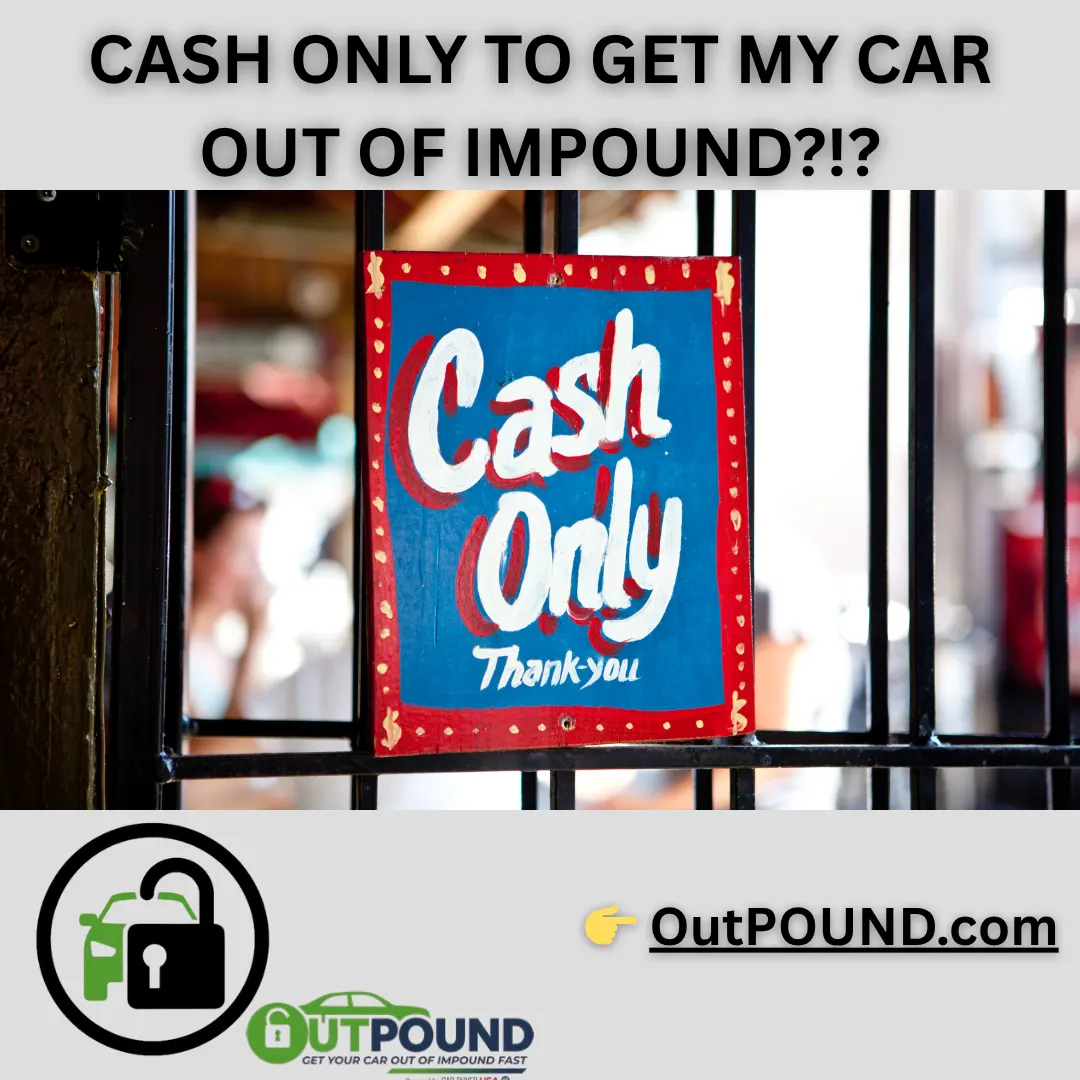
Getting your car towed is never convenient, but being told you need cash only to get it back can make the situation worse. In an age where digital payments are standard, some cities and states still require physical cash or certified forms of payment for towed or impounded vehicles. Understanding where these rules apply can help you avoid delays and unnecessary stress.
In certain areas, strict policies mean no cards or digital options are accepted. One such example is Ithaca, New York, where city-authorized tows require cash only payment. If your car is towed in Ithaca, be prepared to pay entirely in cash, credit cards, debit cards, and even personal checks won’t be accepted. This rule applies to all city related towing, including parking violations and street cleaning infractions.
Another city with limited payment options is Milwaukee, Wisconsin. There, the city tow lot accepts cash, money orders, and cashier’s checks. While some locations may accept cards, many still follow a more traditional approach and refuse personal checks altogether. If you find yourself dealing with a tow in Milwaukee, it’s best to assume cash or certified funds will be required unless confirmed otherwise. Some states do not have laws that require tow companies to accept credit or debit cards. This doesn’t mean cash-only is enforced statewide, but it does mean tow operators can choose to enforce that policy. North Carolina is one such state. There are no regulations mandating digital payment acceptance, so local companies may operate under a cash-only policy legally. This gives individual tow services the flexibility to accept or deny payment types at their discretion.
Pennsylvania follows a similar approach. Businesses, including those involved in towing and impound services, are not required by state law to offer card payment options. As a result, some impound lots may only take cash or certified payments. Drivers should be cautious and call ahead to confirm before arriving with a card in hand.
Not every place operates under such outdated systems. Some cities and states have implemented rules to protect drivers by ensuring more modern and accessible payment methods. In Chicago, Illinois, tow companies are required to accept both cash and card payments. The city does not allow businesses involved in impound or towing to operate under cash-only policies, making it more convenient for residents and visitors alike.
State law in Arizona is even more consumer-friendly. Tow companies there must accept various forms of payment including credit cards, debit cards, insurance checks, money orders, and of course, cash. By mandating multiple options, Arizona ensures that drivers are not left stranded due to a lack of cash. Any tow operator refusing these methods would be in violation of state law. Knowing the payment rules in your city—or the one you're visiting—can prevent added frustration and cost. Tow yards often charge daily fees, so even a single delay in payment can result in extra charges. Being prepared, especially when traveling through areas known for cash-only enforcement, can make a huge difference.
At OUTPOUND.com, we believe in keeping drivers informed with up to date information on local towing regulations and payment policies. Whether you're dealing with a municipal impound or a private tow, understanding what to expect can help you get your vehicle back quickly and without added financial stress. If you’re ever unsure, always call ahead and ask about accepted payment methods, and when in doubt, bring cash just in case.

